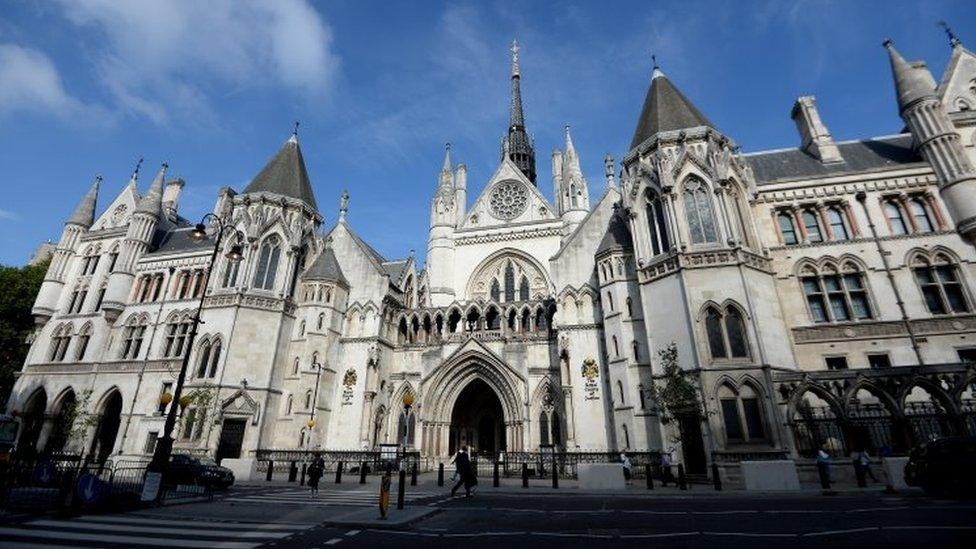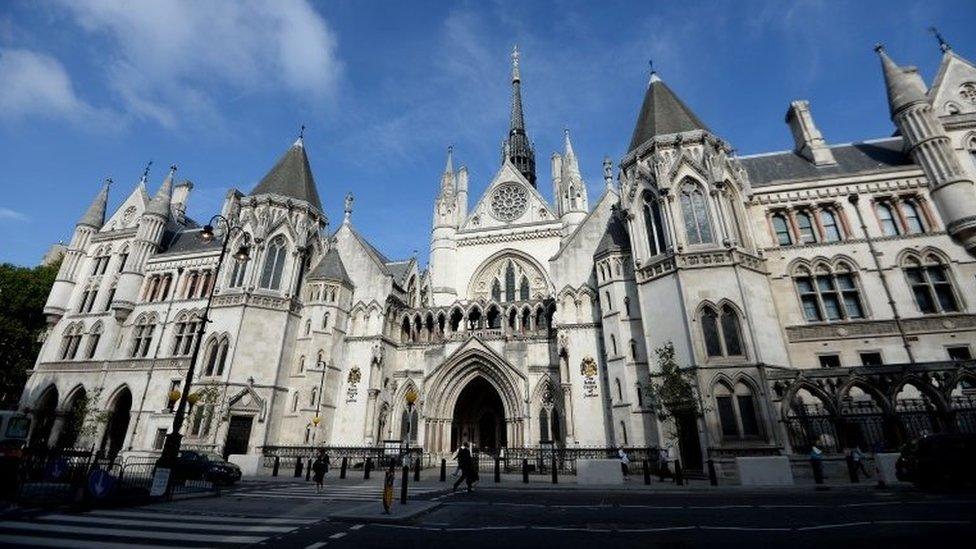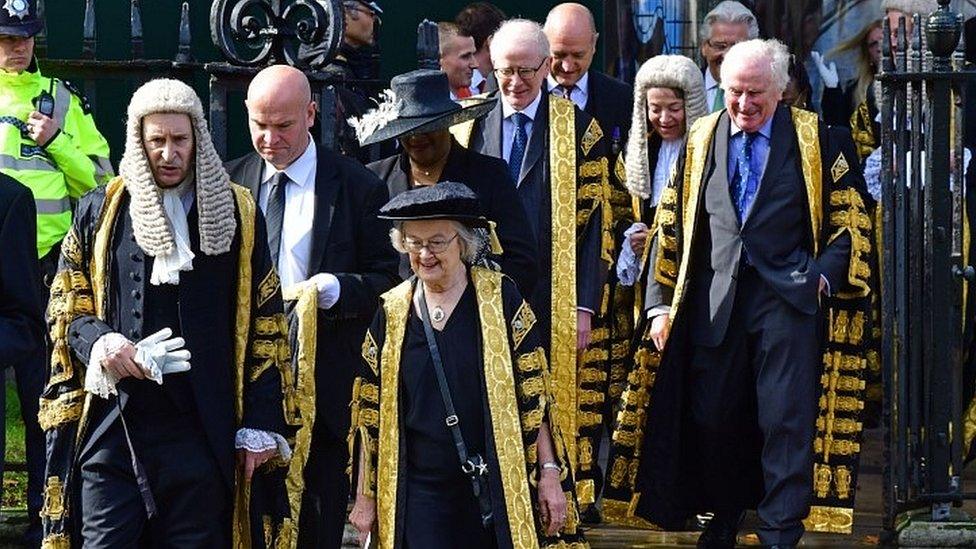Judicial review: Plan to reform scrutiny by courts revealed
- Published

The government is pressing ahead with plans to limit how the public can legally challenge official decisions, despite fears it will damage justice.
The Ministry of Justice says its legislation to reform judicial review will save money and court time.
Critics call it an attempt to stop scrutiny of bad decisions.
Judicial review most famously led to the Supreme Court's judgement that Prime Minister Boris Johnson unlawfully closed down Parliament ahead of Brexit.
Any decision taken by a public body can be challenged in a judicial review before a High Court judge - and the power is used daily to examine whether officials are following the laws set by Parliament governing their work.
Recent examples include a challenge to exam grades being set by algorithms in England - the threat of which contributed to a government U-turn - and the blocking of the release of the so-called "black-cab rapist" John Worboys.
But critics of judicial review say the wide-ranging right to bring cases has led judges to go beyond their role in upholding the law and into taking political decisions that should be left to Parliament.
Under the proposals, ministers say reforms will prevent the courts from being abused and give judges new powers over how they implement decisions that go against the government.
Judges will have clearer powers to delay when and how public bodies must act to correct their unlawful actions - and they could even rule that they do not have to retrospectively apply it to the unlawful action that led to the case in the first place.
The bill will also ban a particular type of last-ditch judicial review seen in immigration cases.
Robert Buckland, Lord Chancellor and justice secretary, said the Judicial Review and Courts Bill would create a better balance between the rights of citizens and effective government.
"The government has pledged to ensure that the courts are not open to abuse and delay," he said.
"Today we are delivering on that commitment. We are giving judges the powers they need to ensure the government is held to account, while tackling those who seek to frustrate the court process."
One of the government's most controversial proposals was to explicitly prevent judges from examining entire types of decisions, which could have led to ministers gaining wide-ranging immunity from legal action.
While that explicit proposal has been abandoned - the bill keeps the idea alive by introducing a way to create so-called "ouster clauses" at a later date.
Stephanie Boyce, president of the Law Society, which represents solicitors, said that while ministers appeared to have heeded some concerns, the proposals could still weaken checks and balances on power.
"There is a great deal here that should ring alarm bells for people who come up against the might of the state," she said.
"Removing or limiting the retrospective effect of an order would mean that nobody who has been a victim of an unlawful state action - not even the person who brought the challenge - would benefit from a ruling that the government had behaved unlawfully.
"This would have a chilling effect on justice."

What are judicial reviews?
A type of court case that allows members of the public to challenge the legality of a government decision.
It can be a decision by a government department, a regulator, a local council and certain other public bodies
Judicial reviews cannot overturn entire Acts of Parliament passed by MPs
Decisions can be challenged on the grounds that a minister did not have the power to make it, or the process leading up to it was unfair or irrational
A decision can also be overturned if a public authority has acted in a way which is incompatible with the Human Rights Act
Most cases do not get very far - in 2018 only 218 made it as far as a court hearing, out of 3,597 that were lodged
Of the cases that reached court, the government won 50% of them

Related topics
- Published18 March 2021

- Published31 July 2020

- Published13 March 2020
